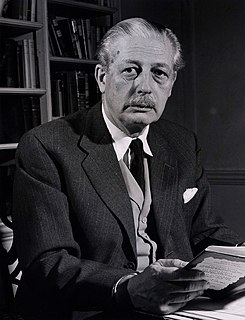A Quote by Edward Young
Related Quotes
We could almost say that being willing to be a fool is one of the first wisdoms. So acknowledging foolishness is always a very important and powerful experience. The phenomenal world can be perceived and seen properly if we see it from the perspective of being a fool. There is very little distance between being a fool and being wise; they are extremely close. When we are really, truly fools, when we actually acknowledge our foolishness, then we are way ahead. We are not even in the process of becoming wise — we are already wise.
Perhaps there is a reason that there is no fool piece on the chessboard. What action, a fool? What strategy, a fool? What use, a fool? Ah, but a fool resides in a deck of cards, a joker, sometimes two. Of no worth, of course. No real purpose. The appearance of a trump, but none of the power: Simply an instrument of chance. Only a dealer may give value to the joker.



































